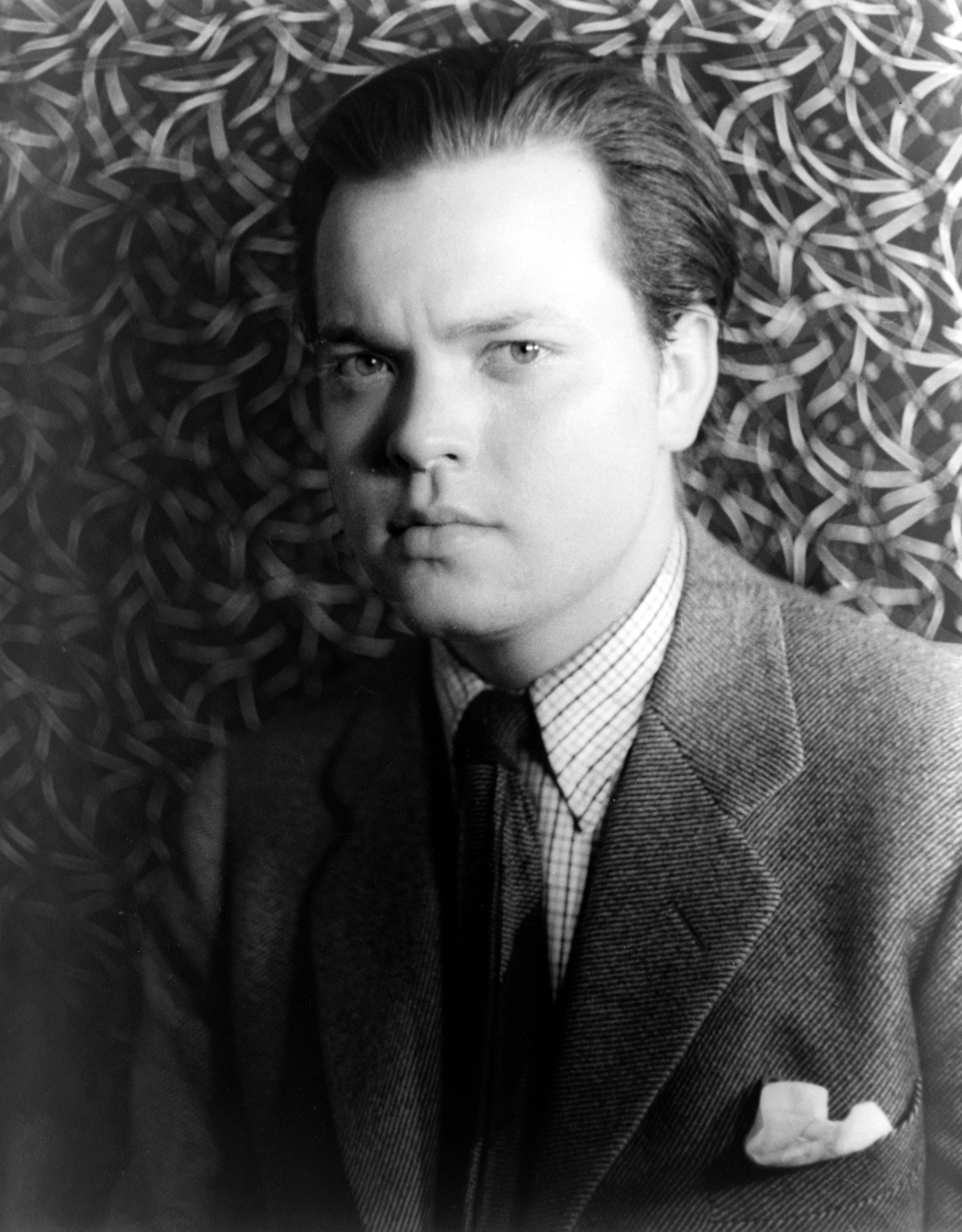Auteur Theory Research Task - George Orson Welles

BRIEF HISTORY:
- Born 6th May, 1915, Kenosha, Wisconsin, United States
- American actor, director, writer
- Producer in theatre, radio and film
- Early career as a stage door actor before going on to radio, most well known for creating his version of H.G Wells's War of the Worlds.
- In film, he is well known for his work in "Citizen Kane" and "The Magnificent Ambersons"
INTRODUCTION:
- Introduced in the 1950’s by French film critic Alexandre Astruc
- Auteur theory places the director as one of the paramount creative voices throughout the production of a film.
- Astruc argued that film did give individuals the opportunity to express their own thoughts and craft a new worldview to impart on their audience.
- Proposed in post-World War II , Astruc’s theory highlighted the importance of an individual rather than a collective in producing a creative endeavor. The impact of this new frame of thinking was immediately felt.
- Film theorist Pam Cook argues, was one of the first “attempts to break down the barrier between art cinema and commercial cinema by establishing the presence of artists in the apparently monolithic commodity production of Hollywood”.
- Astruc’s article would set up the groundwork for a new French cinema, dubbed French New Wave, but it also wasn’t without serious criticism. Fellow film critic André Bazin was quick to present a more cultural argument in his essay "La Politque des Auteurs, arguing that film is “an art which is both popular and industrial” making it almost impossible for a singular voice to remain completely pure of outside influence.
- Bazin argued for the importance of calculating the influence of historical and sociological impacts on a director’s work, as these directors were simultaneously recreating and participating in a society through their bodies of work. Bazin further argues that the “conception of the author is not compatible with the auteur/subject distinction, because it is of greater importance to find out if a director is worthy of entering the select group of auteurs than it is to judge how well he has used his material (as) the auteur is a subject to himself; whatever the scenario, he always tells the same story. He has the same attitude and passes the same moral judgments on the action and on the characters.”
- Other criticism when establishing an auteur; claiming that the theory itself “is in constant flux”. Because of the interconnectivity between all members of the production team within a film, it is certainly possible to have a director with an internal meaning but lacking the technical experience. Likewise, there are highly stylised filmmakers who fail to achieve any internal meaning at all.
An introduction to Welles and his signature style as an auteur https://www.youtube.com/watch?v=j4-ocoVpHV4
How Welles changed cinema:
- Quadruple threat: a master of directing, acting, producing and writing - mixtures of experiences, giving him several advantages
- He innovates constantly with a camera - in "Touching of Evil", Welles demonstrates his cinematography skills by filming long tracking scenes in a singular shot
- He made independent films before the term even existed - Only the avant-garde in America, the likes of Maya Deren and Kenneth Anger, were attempting independent production in the1940s and 1950s, but Welles was to join them because of his sputtering bankability.
- Resurrected old techniques for his own ends - blurred the edges of his film to create a 'vingette' effect making his film have a more aged aesthetic in "The Magnificent Ambersons" 1942
- From his experience with radio, he revolutionised the use of sound - use of live sound "Citizen Kane"




Comments
Post a Comment